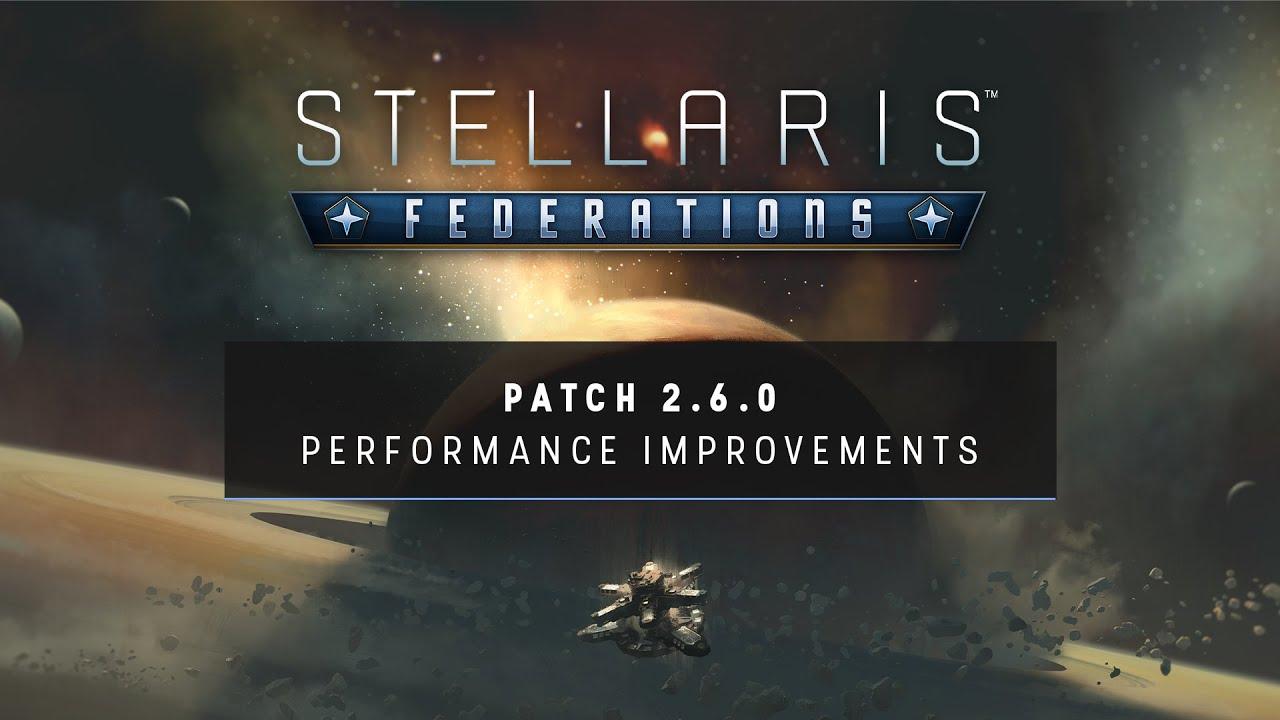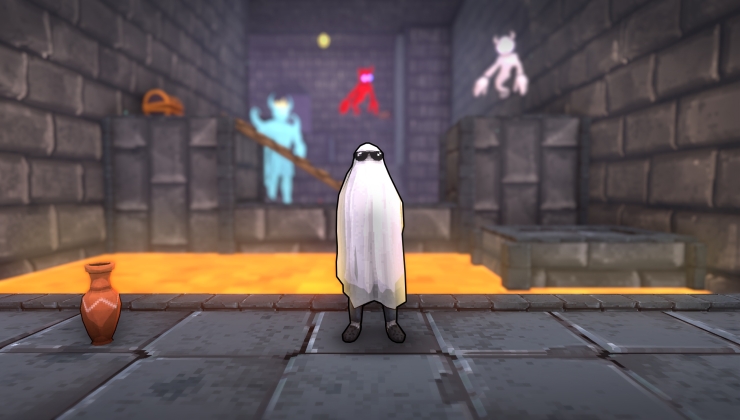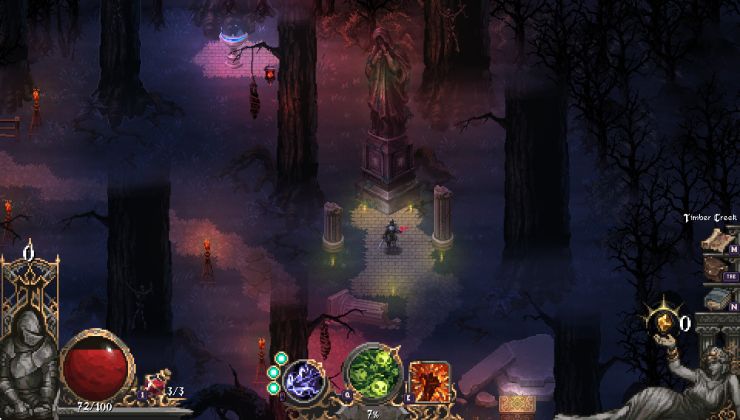Along with the major expansion coming to Stellaris with Federations, Paradox Development Studio as expected are working on a huge free patch and it's sounding good.
One problem with Stellaris, is that big games end up slowing down—a lot. PDS are aware of this and they've been working on it. Using a saved game from the community that had 20,000 "pops" on quite a powerful PC (Intel Core7-7900X @ 3.30Ghz, 10 cores and 20 threads, and AMD R9 Fury) they showed off the difference between 2.5.1 "Shelley" to 2.6 "Verne".

Direct Link
Looking closely at the dates between the two, the ticks have a clear and massive improvement. While not everyone can expect the same difference, they did say on "average" they saw between "15% and 30% improvement in late game situations". No matter what your PC is, you're likely to see some kind of improvement at least.
Why are Pops a big part of the issue? Well, as they explained Pops do a lot:
There are many reasons why pops consume a lot of time in Stellaris, but the main one is that by endgame we have SO MANY of them. SO So so so so many. And they do so much! Pops have to calculate how good they’d be at every job (they do so every 7 days). Then they have to fight every other pop on the planet to get the job they’re best at. They also have to check if they could have a specific ethic. If they could join a specific faction. How happy they are. How happy they could be. How happy they would be on that planet over there.
If you want the full explanation of what they've done to achieve this, you can find the technical post along with the saved game example here in a fresh Dev Diary. Once Stellaris 2.6.0 and Federations have a release date, we will let you know.
Quoting: DuncGreat work, guys. Now do Cities: Skylines. (Yeah, I know it's not in-house, but surely they could give Collosal Order some tips?)Tips aren't going to help much if their code architecture isn't even similar.
But I never had any problems with Cities: Skylines performance to begin with.
Quoting: TheSHEEEPIt's not very noticable with smaller cities, but as soon as a city grows large, the game becomes both laggy and unstable. And I am not even talking about the 81 tile mod. Superficially, it seems to be a similar issue as with Stellaris: Too many Cims doing too many things.Quoting: DuncGreat work, guys. Now do Cities: Skylines. (Yeah, I know it's not in-house, but surely they could give Collosal Order some tips?)Tips aren't going to help much if their code architecture isn't even similar.
But I never had any problems with Cities: Skylines performance to begin with.
Quoting: KimyrielleIt's not very noticable with smaller cities, but as soon as a city grows large, the game becomes both laggy and unstable. And I am not even talking about the 81 tile mod. Superficially, it seems to be a similar issue as with Stellaris: Too many Cims doing too many things.Yes, and it's been getting worse over time. I have 80k+ cities that worked (reasonably) well, on a lower-powered machine, four years ago that I can barely even load now.
Meanwhile
Then they have to fight every other pop on the planet to get the job they’re best at.. . . Suuuuure they do. That would explain why when I look at a planet in the later stages, and I've got a mix of my core species heavily optimized for awesome research and some random immigrants with farming bonuses or whatever, I always find random immigrants in scientist jobs.
Or maybe they mean literally fight? As in "Krog want do research job. Puny nerd got problem with that?"
Last edited by Nouser on 22 Feb 2020 at 12:19 pm UTC







 How to setup OpenMW for modern Morrowind on Linux / SteamOS and Steam Deck
How to setup OpenMW for modern Morrowind on Linux / SteamOS and Steam Deck How to install Hollow Knight: Silksong mods on Linux, SteamOS and Steam Deck
How to install Hollow Knight: Silksong mods on Linux, SteamOS and Steam Deck